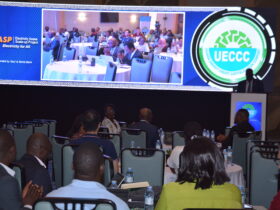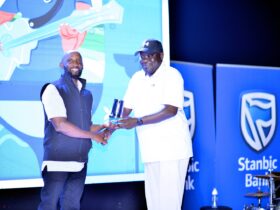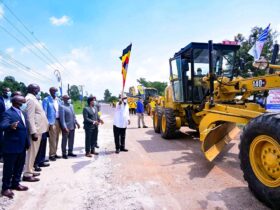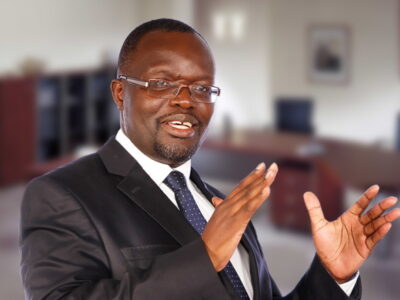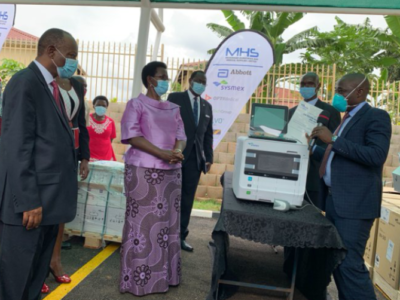The National Union of Disabled Persons of Uganda (NUDIPU), in collaboration with Eight Tech Consults Ltd, has recently concluded a critical needs assessment aimed at bridging the digital divide for Persons with Disabilities (PWDs) in Uganda. This initiative, part of a three-year phased program, focuses on enhancing digital skills, ICT adaptation, and access to e-services for PWDs, now in its third phase.
The Uganda Communications Commission (UCC) through the Uganda Communications Universal Service and Access Fund (UCUSAF) have been instrumental in driving efforts to close the digital divide in Uganda. By funding and supporting initiatives that promote digital inclusiveness, especially for marginalized communities like PWDs, UCC and UCUSAF aim to ensure that all Ugandans have equal access to ICT services. Their collaboration with NUDIPU and Eight Tech Consults Ltd represents a significant step towards achieving this goal.
The three-year program has had several focus areas ie; Phase One of the program concentrated on developing a National PWD Digital Observatory to improve data management and access to services for persons with disabilities, Phase Two focused on Creating awareness, ICT innovation, technology access for persons with disabilities. Now, Phase Three aims to scale up digital literacy training and raise awareness about ICT access and usage among PWDs, specifically targeting four categories of PWDs: those with physical disabilities, visual impairments, hearing impairments, and speech impairments.
It is worth noting that baseline studies revealed that over 60% of PWDs in Uganda lacked basic ICT skills. Ownership of internet-enabled devices among PWDs was significantly low, with only 24.7% owning smartphones, 4.7% owning laptops, and even fewer possessing tablets or desktops. Most PWDs used these devices primarily for entertainment and communication rather than education or accessing information. These findings highlighted the urgent need for tailored digital literacy training programs to elevate ICT skills among PWDs, ensuring they can effectively use digital tools for education, employment, and daily life.
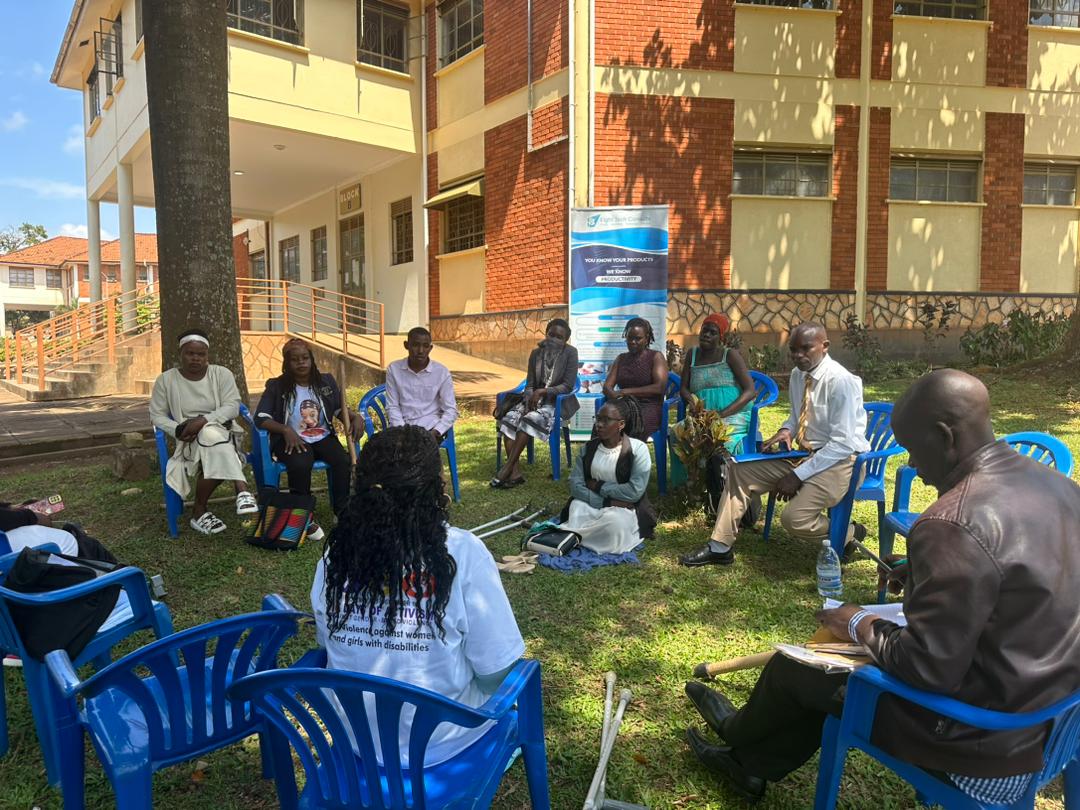
Therefore a comprehensive needs assessment was initiated to document the current digital skilling needs of PWDs across Uganda with a focus on assessing digital literacy proficiency levels, identifying access and usage gaps of assistive technologies, and evaluating existing knowledge management capacities, structures, and initiatives among PWDs in order to design appropriate and relevant content for digital skilling exercise.
The assessment covered 26 districts across Uganda including; Jinja, Koboko, Yumbe, Moyo, Nebbi, Zombo, Nwoya, Gulu, Amuru, Pader, Oyam, Kole, Lira, Dokolo, Apac, Soroti, Kalaki, Ngora, Kumi, Budaka, Mbale, Sironko, Namisindwa, Tororo, Butaleja, Kamuli, Kaliro, Iganga, Namutumba, Kampala, Mubende, Kassanda, Mityana, Buikwe, Wakiso, Nakaseke, Kyankwanzi, Ssembabule, Mpigi, Luwero, Masaka, Kalangala, Buvuma, Kyenjojo, Kamwenge, Kasese, Hoima, Masindi, Mbarara, Ntungamo, Rukungiri, Isingiro, Bushenyi, Kabale, Kisoro, Luuka, and Kibaale.
A purposive random sampling approach was used, with key informant interviews and focus group discussions conducted across these districts. The assessment targeted 306 stakeholders, including PWDs, leaders of organizations for PWDs, and local government officials.
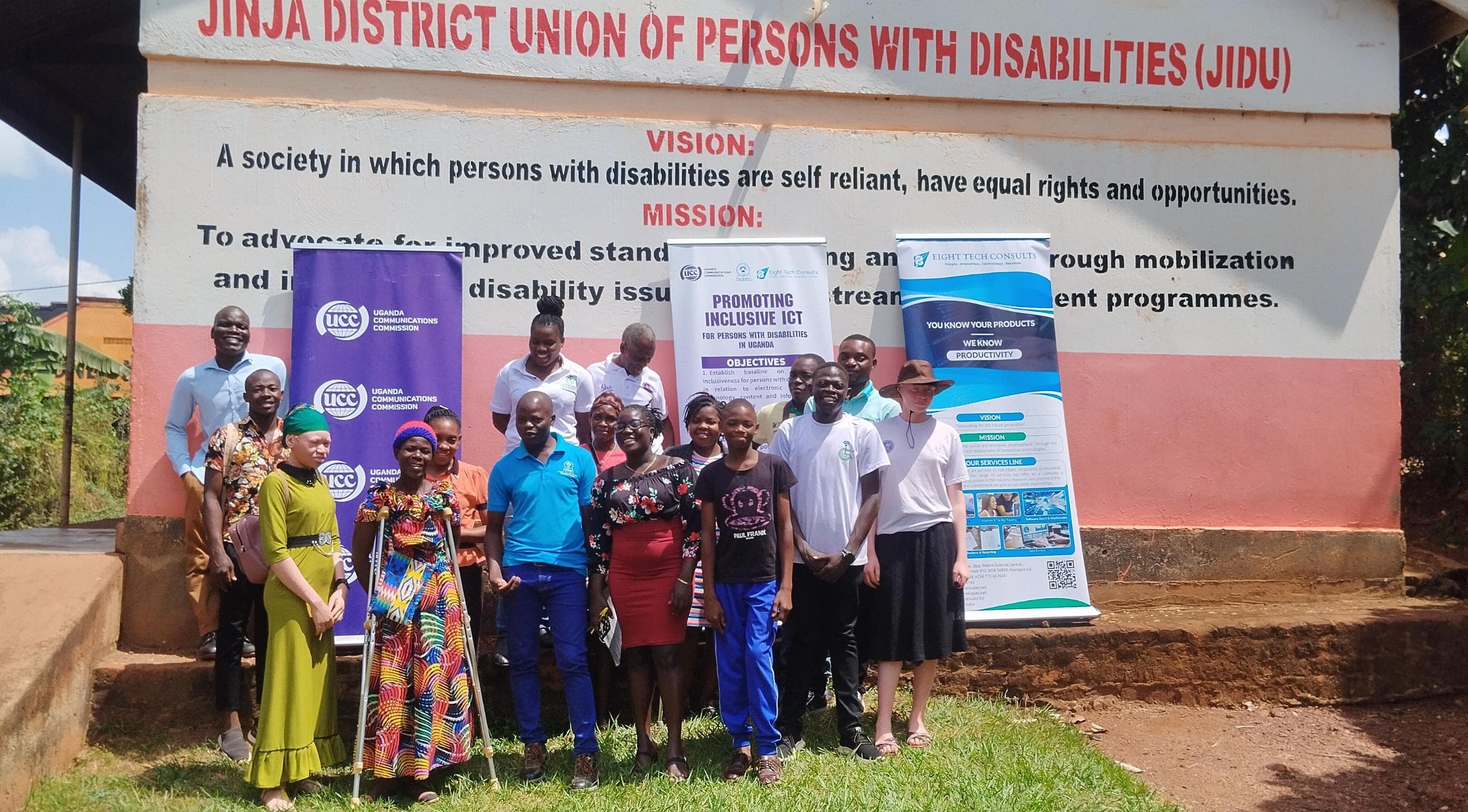
Following the data collection, the results will be analyzed, and a comprehensive report will be produced. This report will highlight the critical digital skilling needs of PWDs and provide recommendations for developing tailored digital literacy training programs planned to be delivered in July and August 2024 across the country.
This collaborative effort between the Uganda Communications Commission, NUDIPU, and Eight Tech Consults Ltd represents a significant step towards digital inclusiveness for PWDs in Uganda. By addressing the digital literacy gap, the program aims to empower PWDs with the necessary skills to navigate the digital world, access e-services, and improve their overall quality of life.


